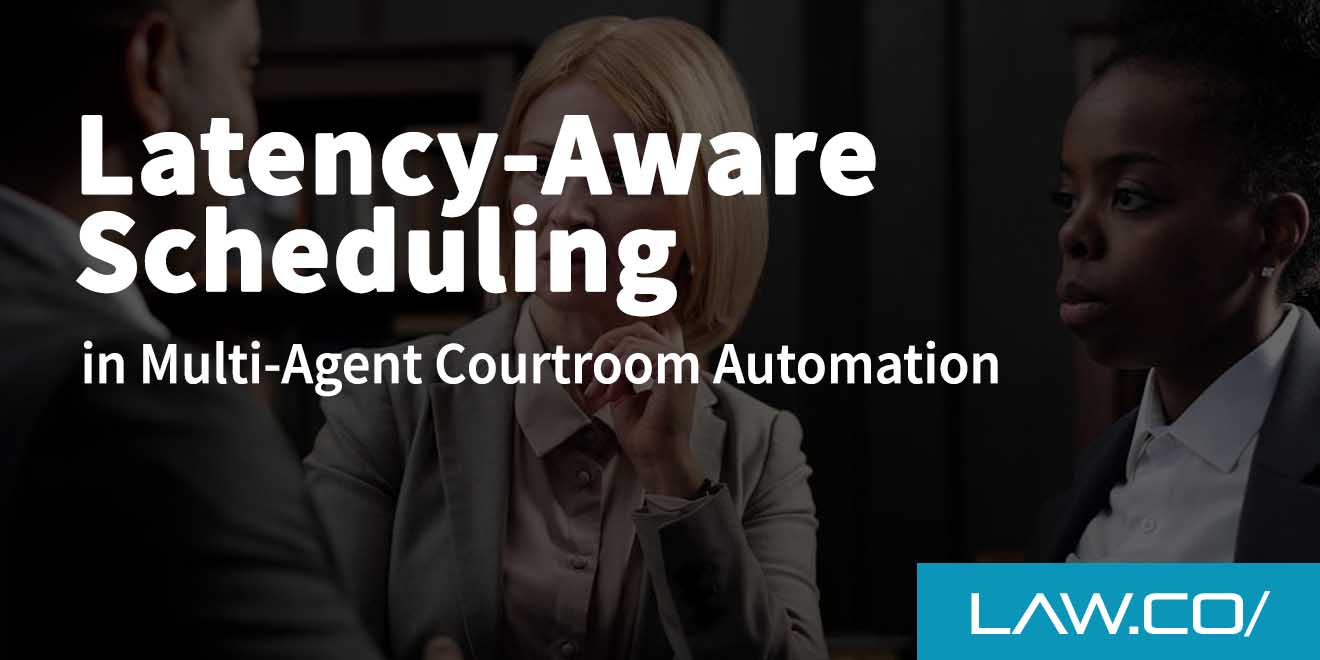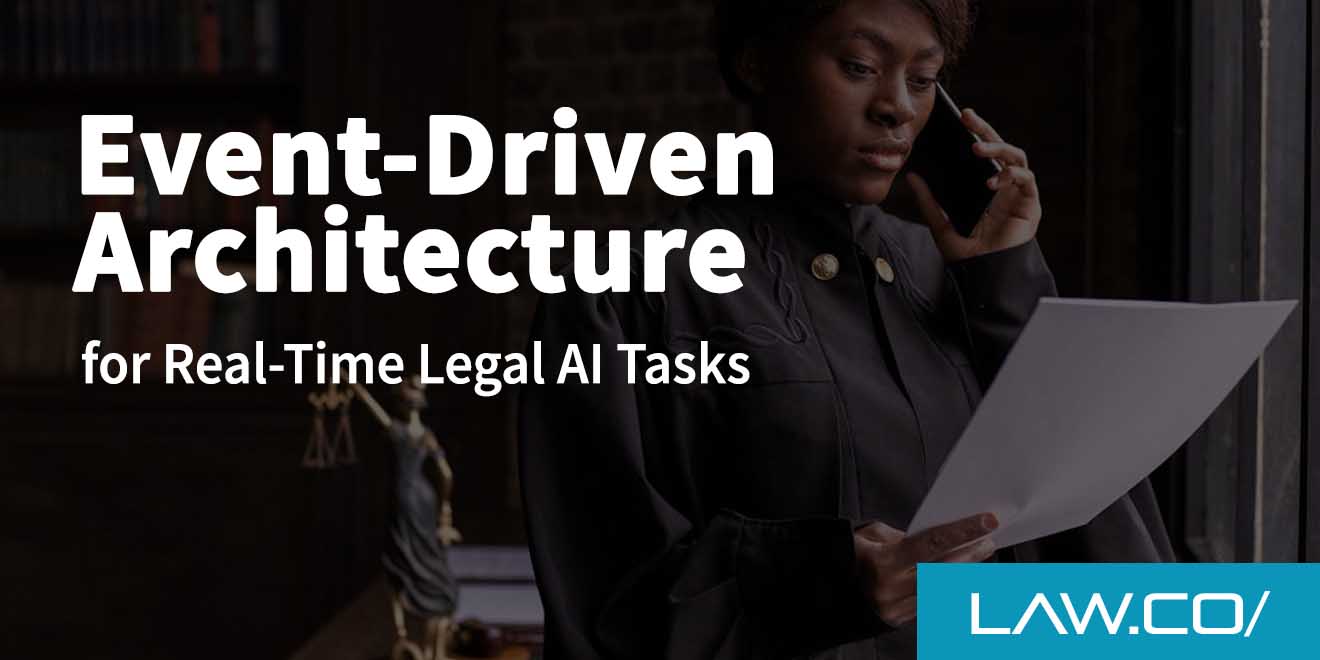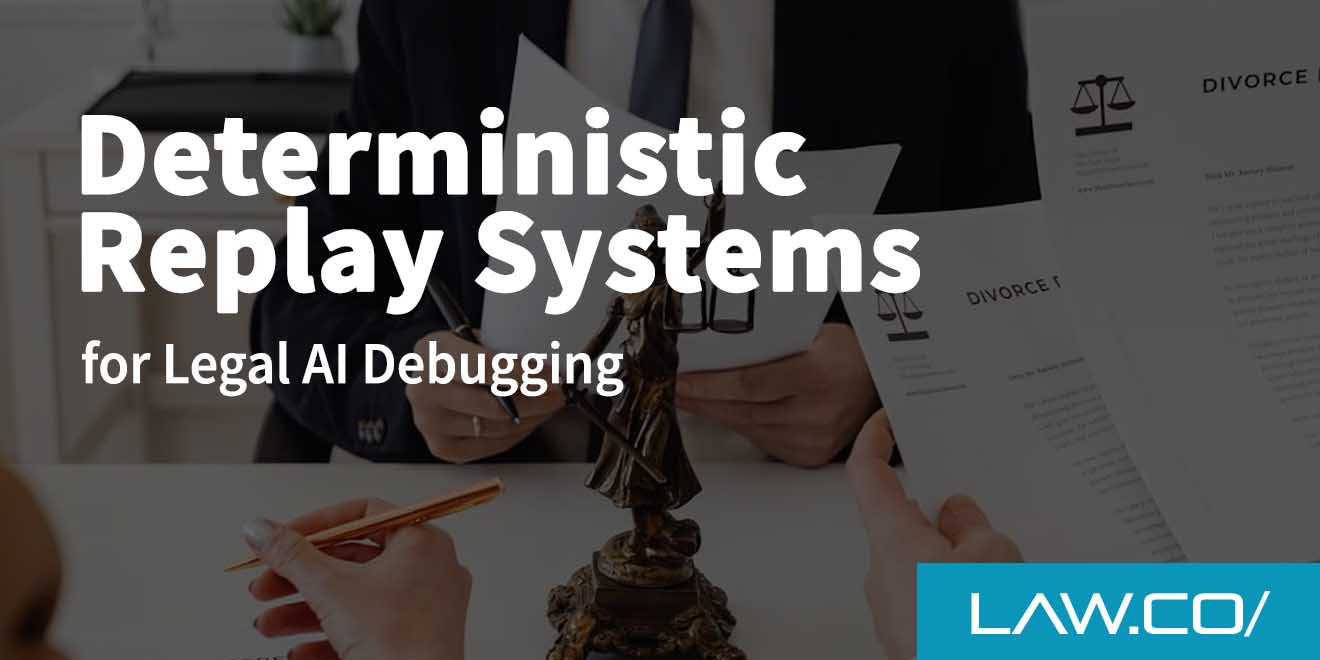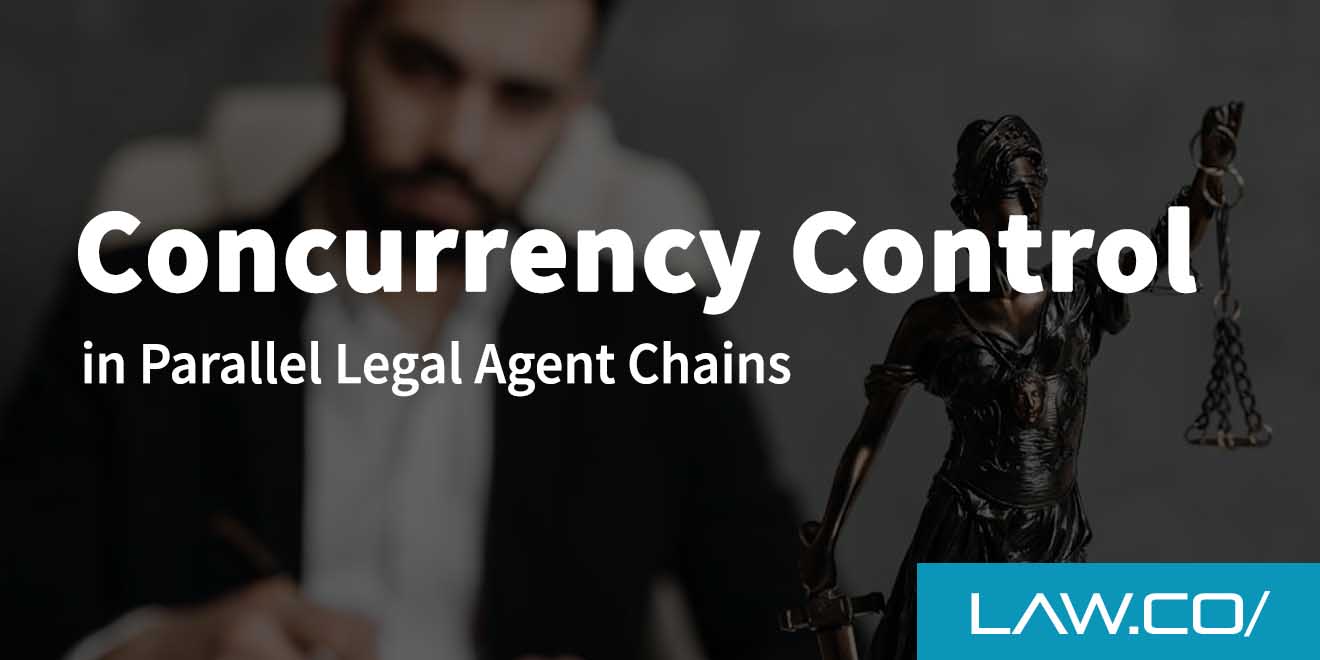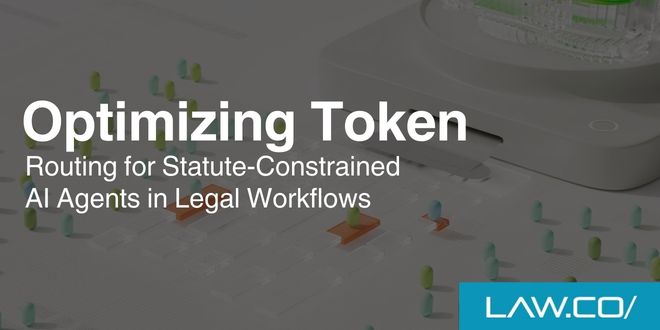

5 Ways Generative AI Benefits Lawyers
Generative AI is transforming the legal profession, offering a new way for lawyers to provide speedy and accurate legal services efficiently. It helps automate and create documents, review contracts, perform legal research, build arguments in cases, and communicate with clients in powerful ways that were never before possible.Generative AI has tremendous potential to enhance legal practice — but it is important for attorneys to understand how this technology works in order to make informed decisions when selecting an appropriate generative AI tool.This article provides an overview of what generative AI is, its current applications within the legal space, key considerations when selecting a system for your firm or organization, plus some speculations about how this technology may continue growing and evolving into the future.
Benefits of Generative AI in the Legal Sector

1. Enhancing Legal Document Automation and Creation
Generative AI has many applications in the legal sector, including enhancing legal document automation and creation. Generative AI tools can understand and interpret vast amounts of unstructured data like law firm documents, contracts, and pleadings. These intelligent algorithms are then able to automatically generate legal documents quickly and accurately like letters of agreement or summaries of case files.They also have the capacity to advise lawyers on what language should be used in particular types of contracts based on best practices within the field. Generative AI helps streamline tedious workflows so that lawyers can focus their human expertise elsewhere while knowing accurate results will be produced efficiently, saving firms both time and money.
2. Improving Contract Review and Analysis
Generative AI technology offers lawyers a wealth of benefits when it comes to improving contract review and analysis. AI tools are able to automate much of the tedious, repetitive tasks that plague lawyers in this process, freeing up time for more productive work instead.Generative AI algorithms can also efficiently detect inaccuracies, ambiguities, and inconsistencies within contracts; sift through vast amounts of data to uncover hidden patterns; suggest terms that make the pact clear and enforceable; and even generate realistic-looking documents from scratch.With its ability to profoundly improve contract review efficiency as well as accuracy rates, generative AI has become an indispensable tool for modern legal practice.
3. Enabling Predictive Legal Research
Generative AI can be used to make the research process much more efficient in the legal sector. It enables predictive legal research by scanning and analyzing existing documents, such as laws and case studies, to form patterns that can then be applied to new proceedings.AI algorithms are able to interact with large data sets quickly and identify relevant information that lawyers might otherwise have overlooked or taken longer to uncover.Generative AI technology is also capable of reading between the lines in a text, and understanding subtle nuances in language, which gives an extra layer of accuracy when conducting searches for precedents or particular jurisdictions.All this helps save time for lawyers spent on labor-intensive document reviews so they can spend more time providing useful strategic advice instead of poring over countless pages filled with legal jargon.
4. Assisting in Legal Argumentation and Case Generation
Generative AI has the power to revolutionize legal practice, especially in the area of case generation and legal argumentation.Generative AI can analyze existing cases according to their facts, decisions, or other criteria and then synthesize new arguments based on its understanding of the relevant case law.Additionally, AI models can be used to generate comprehensive collections of supporting evidence tailored for each given case. Generative AI also provides an efficient way for lawyers to review caselaw more quickly than they could manually.By leveraging these tools, lawyers are able to produce more thorough pleadings with greater speed and accuracy that evolve as the law evolves.
5. Facilitating Efficient and Personalized Client Communication
Generative AI technologies can help lawyers to facilitate personalized, efficient, and cost-effective communication with their clients. First, automated natural language processing (NLP) tools can quickly scan through large volumes of text from the client and generate summary reports that maintain the utmost accuracy.Additionally, generative AI can be used to create personalized email templates for each client file based on a predefined set of criteria such as geographical location or practice areas of law.Furthermore, it can enable virtual assistant capabilities such as scheduling calls and meetings for legal teams allowing them to focus on more pressing tasks. Generative AI ultimately helps lawyers strike a balance between reducing manual effort while still maintaining high levels of responsive customer service – something which is critical in this increasingly competitive landscape.
Key Considerations When Choosing a Generative AI Tool

Accuracy and Reliability of AI-generated Outputs
When choosing a Generative AI tool, particular attention should be paid to assessing the accuracy and reliability of its generated outputs. There is a range of possible outcomes that will be produced by the AI algorithms, so it is important to evaluate the confidence level associated with each result in order to determine which ones are trustworthy enough to act upon.Accuracy should also be evaluated in terms of how closely aligned these outputs are with legal precedents or applicable laws. Not all tools provide equally reliable outcomes, so conducting private-party tests or partner tests can help lawyers establish benchmarks against which they can measure future results delivered by their chosen Generative AI platform.
Data Privacy and Security Measures

SourceWhen selecting a Generative AI tool, data privacy and security measures should be of the utmost importance. Tools should employ strong encryption and privacy protocols to protect sensitive client information from unauthorized access or misuse.It is also important to know how the provider stores collected data, including their handling of customer data within the application as well as external storage sites and cloud services.Additionally, any generated outputs from AI systems should eliminate all sensitive or confidential information prior to publication with strict internal governance policies in place to ensure proper control over proprietary algorithms.
Customizability and Integration with Existing Legal Systems
When choosing a generative AI tool for legal applications, customizability and compatibility should be top-of-mind considerations. Lack of integration with existing legal systems will significantly reduce the efficiency gains that professionals can expect when using a generative AI tool.Generally, the best tools are designed to understand current workflows, filing layouts and other software platforms used within a particular institution or law firm’s back office operations.To ensure optimization, consultants should advise architects on potential customization requirements before choosing and correlating a new tool or software extension to existing operational (or legacy) infrastructure.
Transparency and Explainability of AI Algorithms
When selecting a generative AI tool, the transparency and explainability of the underlying algorithms should be heavily considered.In legal settings where accuracy is critical, users must have full visibility into how decisions are being made in order to validate results. Therefore, relying on tools with black-box operations can put client well-being at risk due to lack of verifiability.For greater ethical application and trust purposes, lawyers should strive for use of approaches that clearly state both which calculations were applied and under what context in yielding outcomes.As such, sources offering detailed explanations for their recommendation along with documentation for interpretable insights could reveal vital clues towards taking informed action from generated results. That way beneficial enhancements can most dynamically flatten arising knowledge gaps plus serve compliant and beneficial purposes.
Compliance with Legal and Ethical Standards
When choosing a Generative AI tool, legal teams must investigate how the technology is in compliance with both legal and ethical standards. Regulations governing data protection, privacy rights and intellectual property are changing globally—while investments grow in regulation platforms to enable compliance for AI usage.The right generative AI should provide faithfulness and relevancy with actions compatible with existing laws across geography and industry jurisdictions while also recognizing business needs for flexibility between rules-based computer systems versus deep learning processes.Furthermore, similar thought must give into factors such as transparency of algorithms used by companies that produce the systems; customizable code enforcement so businesses can control permit or reject outputs produced by AI technology; capacity to address workforce changes generated during operational transformation powered by tech solutions; ways on how to allocate product liabilities. These are but a few of the multiple considerations to be made when implementing Generative AI into legal practice.
Exploring the Future of Generative AI Technology

Ongoing Developments and Innovations
With the rapidly evolving landscape of generative AI technology, there are multiple ongoing developments and innovations that promise to redefine how lawyers use this type of AI. Companies like TemplateMonster’s AiDA can generate comprehensive articles on legal topics while Docubot can create sophisticated factsheets with little human input.As more developers focus on creating specialty AI applications specifically tailored for the demands of practicing law, we might soon reach a point where complex tasks that ordinarily require thorough and time-consuming research can be performed with unprecedented speed and accuracy through generative AI tools.
Potential Impact on the Legal Industry
Generative AI technology holds great potential for transforming the legal industry in unprecedented ways. Generative AI tools that, for instance, automate complex legal documents, enable context-sensitive predictive/smart searching/analyzing mechanisms and facilitate effective interactions with clients have made massive strides in recent years.As these technologies continue to evolve and improve, a radical transformation of traditional lawyer practice is within sight; more efficient operations, time savings on mundane tasks and proactivity across legal matters can be expected.On top of this, clearer insights into goals as well as sophisticated models available from datasets may revolutionize how lawyers argue a case or litigate in a courtroom—improving their ability to serve their clients better.
Ethical Implications and Responsible AI Use
The use of AI in the legal industry is simultaneously a source of excitement and trepidation. On one hand, generative AI technologies have enormous potential to streamline workflows and augment legal teams' performance—but they also bring with them ethical questions around fairness, accuracy, privacy, and responsible implementation.It is increasingly critical that any organizations considering implementing AI consider remediating their ethical responsibilities (and other downside risks) that come along with using these digital tools – such issues as data representation bias (ensuring datasets contain an accurate sample population), disclosure requirements for customers using automated services (especially involving algorithmic experiences used for litigation) will need to be closely monitored.
Conclusion
Overall, generative AI offers the profound potential to optimize law practice and make lawyers’ work easier to manage. Utilizing this technology empowers greater privacy and security measures, innovative legal argumentation methods, reliable automated tools for contracts or document creations, strategic research assistance, and the generation of personalized communications with clients.Therefore, it is recommended that law professionals consider unleashing the power of generative AI within their practices in order to stay competitive while upholding ethical boundaries.To advance knowledge within the sector on responsible AI use under professional behavior guidelines, as well as applicable laws and regulations, separately set by each jurisdiction is extremely important before utilizing such promising technology solutions.Finally, additional resources can be found which provide comprehensive educational content for anyone interested in exploring more about benefit-oriented generation AI for enhancing their legal practice.

%201.svg)


